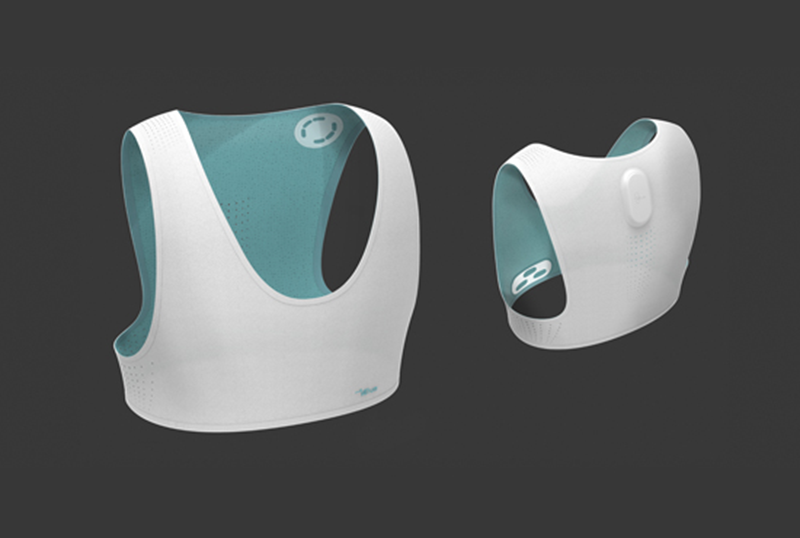Global product development and technology consultancy firm Cambridge Consultants has developed an innovative digital health platform that will revolutionize the way healthcare is delivered. Dubbed ‘Verum,’ the remote patient monitoring platform provides machine learning-driven predictions around conditions or disease states. Initial test application of Verum focuses on clinical trials, where it can identify and mitigate the effect of patient stress on trial outcomes with great efficiency.
Read more UbiHealth Launches Remote Patient Monitoring Solution
Stress, a poorly characterized situation, not only effects the body, but also alters a person’s behavior, leading to badly controlled clinical trials with average drop-out rates at 30%.
For proof of concept, Cambridge Consultants, who was speaking at the WT | Wearable Technologies Conference 2018 USA in San Francisco, designed a system to measure and monitor a participant’s stress levels during trials. Developed in consultation with clinical psychiatrists and neuroscientists, Verum harnesses the power of biometric data, primarily voice and electromyography (EMG), and machine learning to better understand outcomes and increase the likelihood of clinical success. This machine learning-driven system can provide deeper insight on participants during trials through real-time triggers and alerts, enabling clinicians, nurses and trial coordinators to mitigate the effect of stress on compliance, investigate stress as a confounding factor and inform better adaptive trial design through continuous data streams, said a press release.
Currently, the average cost of a Phase 2 clinical trial ranges from $7 million to $19.6 million. With 80% of all clinical trials failing to reach completion, it’s clear that increased efficiency can significantly reduce cost.

Verum consists of a sensor-laden wearable, a data collection app and a widget for healthcare dashboards that augments existing data with patient-specific predictions and alerts, for unprecedented clinical insight.
Verum can revolutionize precision medicine, post-market surveillance and drug development by providing rich, contextualized biometric information at both population and patient level.
The platform works by enabling clinicians, nurses and trial co-ordinators to access biometric and behavioral data from continuously monitored patients, gaining valuable context around a specific condition.
“The rising cost of clinical trials, combined with the commercial risks of failure, mean it’s vital we’re able to harness the power of AI and continuous patient monitoring to mitigate the impact of stress on clinical trial outcomes. Verum informs better adaptive trial design through bigger, real-time contextualized data sets and will mark a step-change in the efficiency of clinical trials,” said Jaquie Finn, Head of Digital Health at Cambridge Consultants.
Read more Artificial Intelligence and Google’s Radar Technologies to Noninvasively Measure Glucose Levels
As for future applications, Verum has the potential to be used in the diagnosis of neurological conditions, the post market surveillance of drugs, the development of closed loop therapeutics, rehabilitation and remote patient monitoring.












